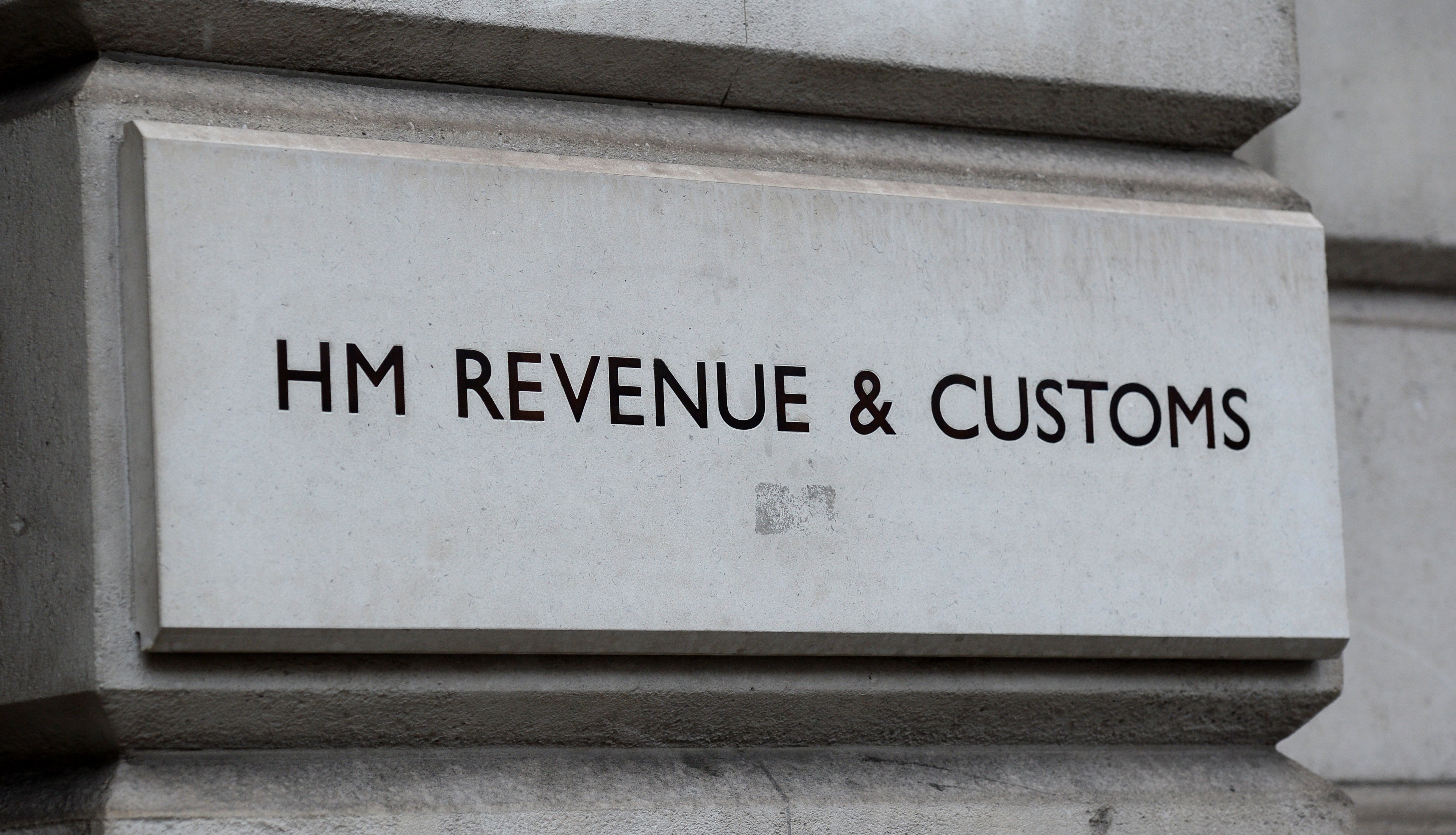UK facing significant EU customs repayments over Chinese import fraud failings
The European Court of Justice found the British Government failed to combat fraud relating to undervalued imports of textiles and footwear from China.

Your support helps us to tell the story
From reproductive rights to climate change to Big Tech, The Independent is on the ground when the story is developing. Whether it's investigating the financials of Elon Musk's pro-Trump PAC or producing our latest documentary, 'The A Word', which shines a light on the American women fighting for reproductive rights, we know how important it is to parse out the facts from the messaging.
At such a critical moment in US history, we need reporters on the ground. Your donation allows us to keep sending journalists to speak to both sides of the story.
The Independent is trusted by Americans across the entire political spectrum. And unlike many other quality news outlets, we choose not to lock Americans out of our reporting and analysis with paywalls. We believe quality journalism should be available to everyone, paid for by those who can afford it.
Your support makes all the difference.The British Government faces having to make significant customs repayments to the EU following a court ruling that it was negligent in allowing European markets to be flooded with Chinese-made clothes and shoes.
The European Court of Justice (ECJ) concluded on Tuesday that the UK had “failed to fulfil its obligations” in relation to customs control by failing to “combat fraud with regards to undervalued imports of textiles and footwear from China”.
The UK remains subject to ECJ jurisdiction for any breaches of EU law during its time as a member state.
The case dates back to 2017, when the EU’s anti-fraud office said British authorities had allowed criminals to evade customs duties by making false claims about clothes and shoes imported from China.
It found that more than half of all textiles and footwear imported into the UK from China were below “the lowest acceptable prices”.
The European Commission has been seeking £1.7 billion in compensation from the UK to the EU budget.
A statement from the ECJ on “Commission v United Kingdom” said: “The United Kingdom has failed to fulfil its obligations in relation to customs control and the availability of EU own resources by failing to adopt the measures necessary to combat fraud with regards to undervalued imports of textiles and footwear from China.
“The United Kingdom should have taken account of the risk profiles and the types of customs control recommended to it by the European Anti-Fraud Office (Olaf) and the Commission.”
It said Olaf informed member states in 2007, 2009 and 2015 of the risk of “extreme undervaluation of imports of textiles and footwear from China by shell companies registered for the sole purpose of giving fraudulent transactions the appearance of legitimacy”.
According to Olaf, fraudulent imports significantly significantly in the UK “on account of the inadequate nature of the checks carried out by the United Kingdom customs authorities, encouraging the shift of fraudulent operations from other member states to the United Kingdom”, the statement said.
However, according to Olaf, the UK did not follow its recommendations, instead releasing the products into the internal market without conducting appropriate customs controls.
As a result, “a substantial proportion of the customs duties due were not collected or made available to the European Commission”.
The UK has always and continues to take customs fraud very seriously and evolves its response as new threats emerge
The statement said: “The Grand Chamber of the Court of Justice upholds the Commission’s action in part, ruling, in essence, that the United Kingdom has failed to fulfil its obligations under EU law by failing to apply effective customs control measures or to enter in the accounts the correct amounts of customs duties, and accordingly to make available to the Commission the correct amount of traditional own resources in respect of certain imports of textiles and footwear from China”.
The ruling said the full amounts involved have not yet been established “to the requisite legal standard”, adding it is now for the Commission to “recalculate the losses of EU own resources remaining due by taking account of the findings of the court regarding the quantum of the losses and the value to be attributed to them”.
A Government spokesman said: “We will consider the judgment in full and respond in due course to the European Commission.
“Throughout, we’ve made the case that we took reasonable and proportionate steps to tackle the fraud in question and that the Commission vastly overstated the size and severity of the alleged fraud.
“The UK has always and continues to take customs fraud very seriously and evolves its response as new threats emerge.”